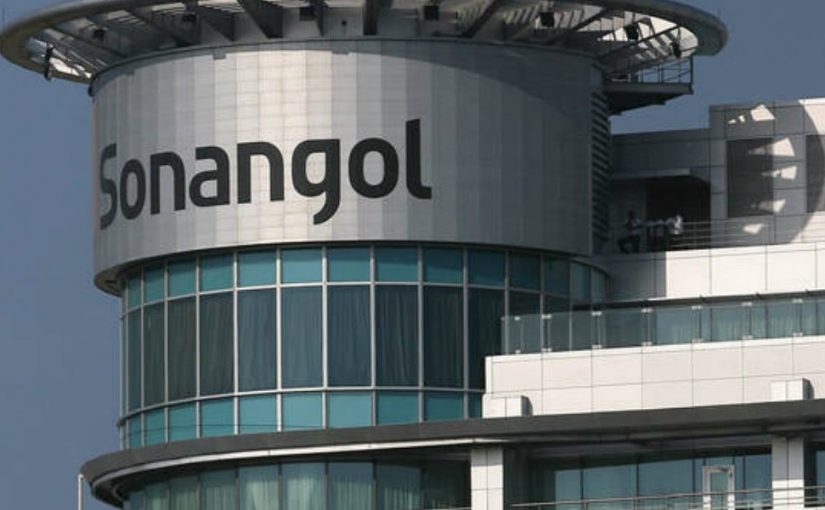US launches probe into Brazil's trade practices, digital payment services
Angola’s Sonangol seeks $4.8 billion to bridge Lobito refinery funding gap

File photo: Lusa
- Lobito refinery will be Angola’s largest refinery
- Construction expected to start next year, executive says
- Luanda refinery upgrade to boost output by 2028, executive says
Angola’s Sonangol is in talks with Chinese and European banks to overcome a $4.8 billion funding shortfall for its planned 200,000 barrel per day Lobito refinery, an executive with the state-owned oil company told Reuters.
Angola is Sub-Saharan Africa’s second-biggest crude oil exporter but imports around 80% of its refined products. It has launched a programme to build new refineries and revamp existing facilities to reverse the trend and become a net exporter.
Development of the facility in the Atlantic port city of Lobito was restarted in December 2023 after remaining stalled for almost a decade. When completed, it will be Angola’s largest refinery.
Joaquim Kiteculo, chief executive of Sonangol’s refining division, said the total cost of the project was $6.6 billion, with the single-train refinery with a hydrocracker alone costing $5.3 billion.
“We are not only dealing with Chinese banks, we are looking for other alternatives as well,” he said on the sidelines of an energy conference in Cape Town, South Africa. “We are confident the financing will be raised, and the refinery will go ahead.”
Construction, he said, was expected to start next year.
Kiteculo added Sonangol was in discussions with banks including the Industrial and Commercial Bank of China, Societe Generale (SOGN.PA), Standard Chartered (STAN.L) and Afreximbank.
Sonangol is investing $950 million of its own money during the first phase of Lobito, mainly for infrastructure such as roads and offices. Kiteculo did not say who the other committed investors are.
China National Chemical Engineering Co. Ltd. (601117.SS) is the construction and engineering contractor for the refinery. Houston, Texas-headquartered KBR (KBR.N) is consulting on the project after preparing the front-end engineering and design work.
“Even though we are still dealing with funding issues we expect to have the mechanical completion for the whole refinery in the first semester of 2027 … and then have the first batch of products and start the commercialisation phase,” Kiteculo said.
He dismissed as untrue recent media reports that Nigeria’s Aliko Dangote, who built the continent’s largest refinery in Nigeria and visited the Angolan capital Luanda recently, was interested in partnering on the Lobito project.
Meanwhile, Kiteculo said an upgrade of Sonangol’s Luanda refinery being carried out in partnership with Italy’s Eni (ENI.MI) should increase its output from 65,000 bpd to 120,000 by 2028. A separate biorefinery targeting sustainable aviation fuels is also being considered under the partnership, he added.
“We are sure we are going to become one of the major exporters to Africa, including South Africa which is a big consumer market,” he said.












Leave a Reply
Be the First to Comment!
You must be logged in to post a comment.
You must be logged in to post a comment.